Twinkies Never Go Bad
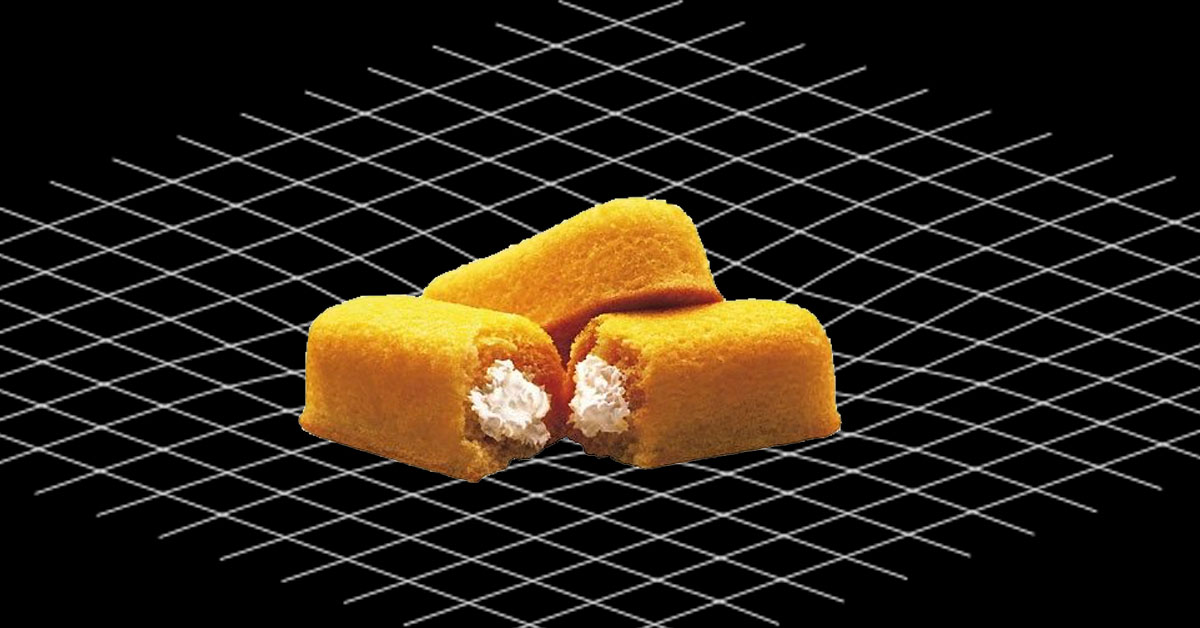
Twinkies don’t last forever, but they can go a long time without spoiling (up to 30 years, by one estimate). The “sell-by” shelf life of a Twinkie is 45 days. After that, they go hard and brittle.
A broad category referring to the study of the physical universe including nature and biology.

Twinkies don’t last forever, but they can go a long time without spoiling (up to 30 years, by one estimate). The “sell-by” shelf life of a Twinkie is 45 days. After that, they go hard and brittle.

Some species of starfish can regrow missing limbs, and a few species can actually regrow a whole new “disk” (the center party of their body) from a limb!
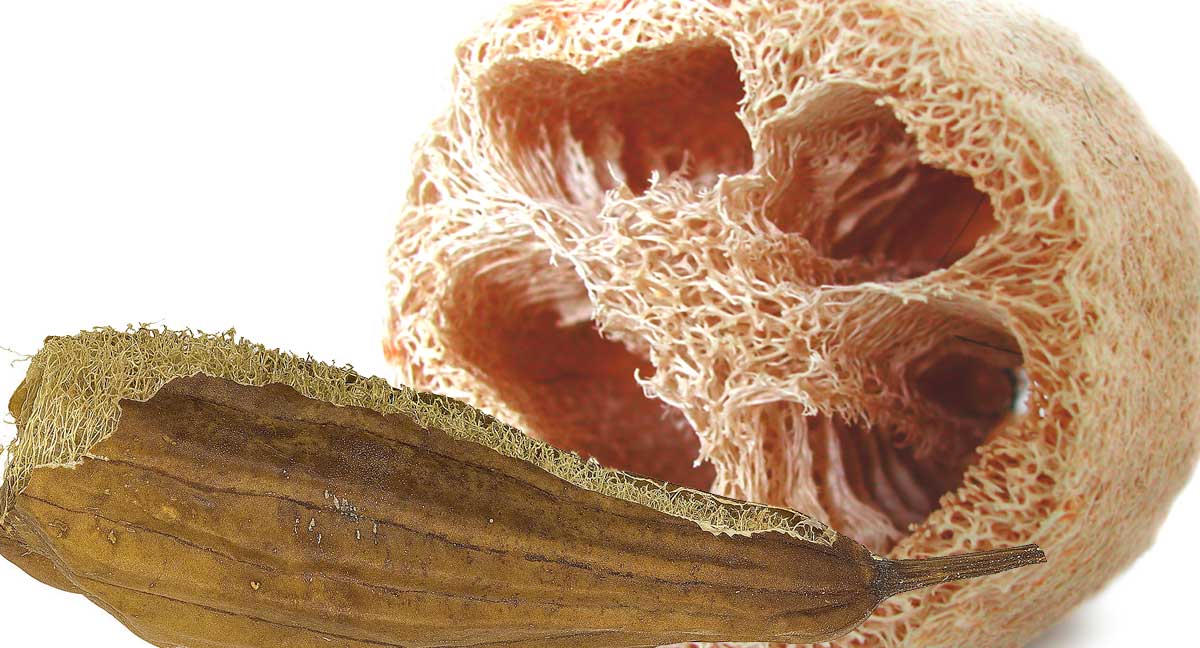
Luffa (loofah) sponges don’t come from the ocean. A luffa sponge is the ripened fruit of a plant in the gourd / cucumber family.
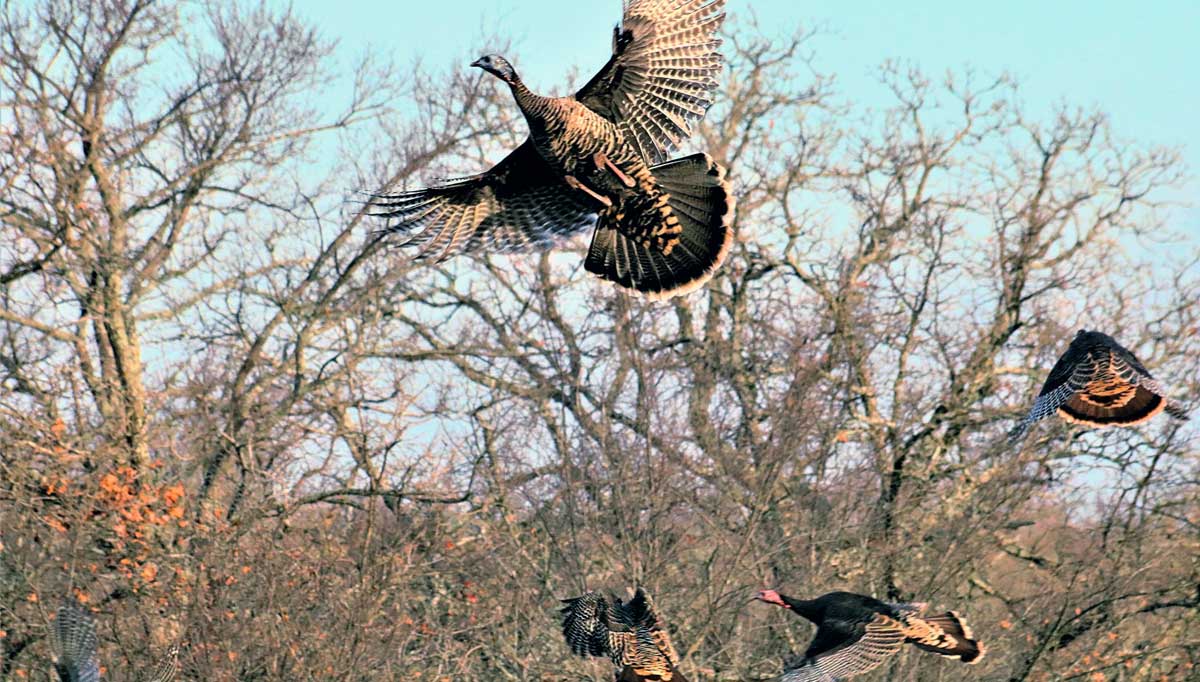
The idea that Turkeys can’t fly is a myth. Wild turkeys can fly in short bursts and actually will roost in trees at night. That said, while domestic turkeys can fly in theory, they are typically too heavy to fly in practice.
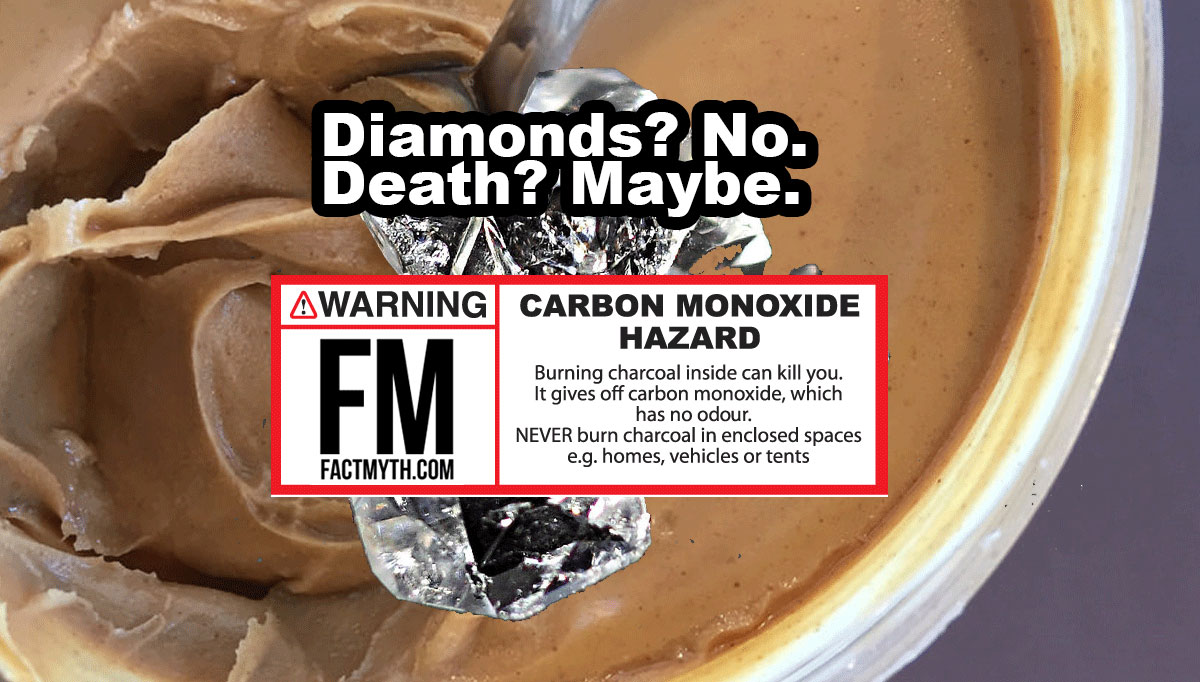
You can’t turn charcoal or coal and peanut butter into a crystal at home by heating the charcoal or coal and putting it in peanut butter and ice. However, scientists can turn many carbon-rich substances into crystal in a lab.

Cows are on of the top emitters of greenhouse gases. A single cow on average release between 70 and 120 kg of methane (a greenhouse gas) per year. Meanwhile, there are roughly 1 – 1.5 billion cows on earth as of 2018.

Red, orange, yellow, and green bell peppers are all the same type of bell pepper, they are just in different stages of ripeness. Bell peppers start green and then ripen to yellow and orange and then finally to red.

98.6°F (37°C) is generally accepted as the normal body temperature of humans, but this commonly thought of average isn’t normal for everyone. Studies have shown normal ranges from 97°F (36.1°C) to 99°F (37.2°C) according to MedlinePlus.gov.

Every part of the human tongue can sense all five basic tastes. The taste bud map many know from school is wrong. The map is based on a misunderstanding of an old study.
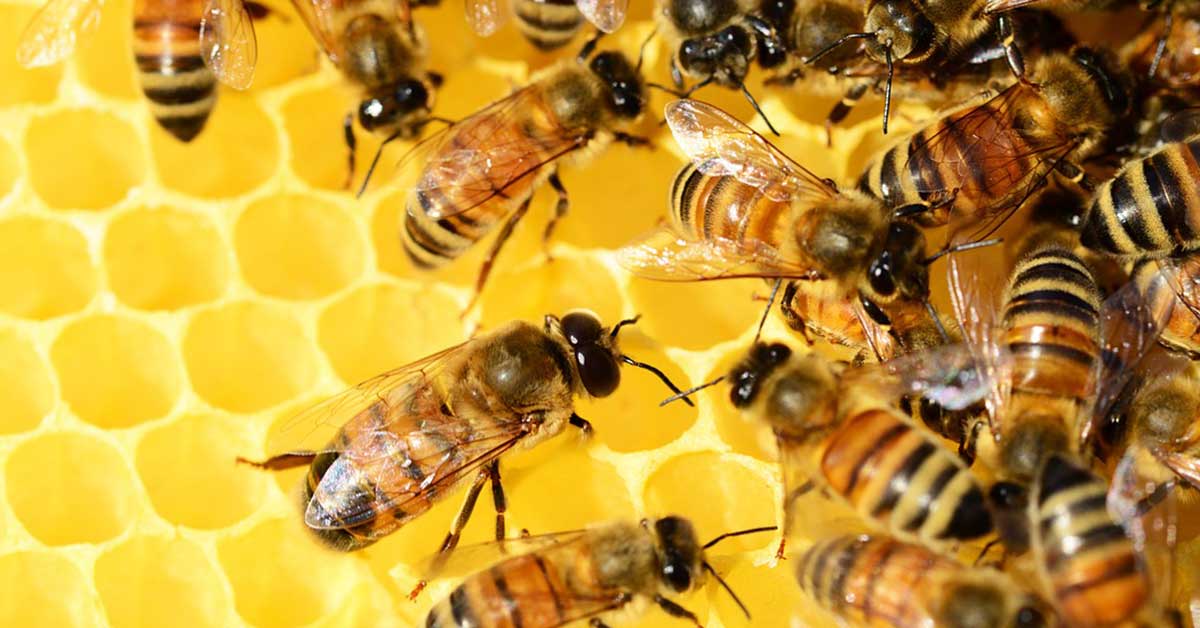
Honey is sometimes called the only food that doesn’t go bad, this is mostly true. Honey stored properly will essentially last forever due to its unique chemical composition.